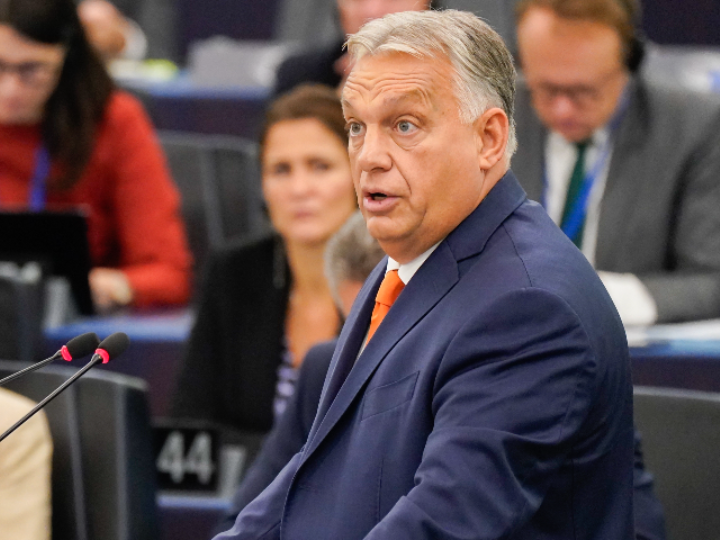Italy reinstated border controls with Slovenia as part of its strategy to improve home security against threats of terrorist attacks in Europe, the government said on Wednesday (18 October).
“The intensification of crisis hotspots on Europe’s borders, particularly after the attack on Israel, has in fact increased the threat level of violent action also within the Union,” the government said in a statement.
“The suspension of the Schengen Treaty on free movement in Europe became necessary…and I take full responsibility for this”, Italian Prime Minister Giorgia Meloni wrote on X, the social media platform formerly known as Twitter.
Meloni said the government had informed European Union authorities of the decision and had discussed it with their Slovenian counterparts.
“The police measures at the Italian-Slovenian border are not adequate to guarantee the required security,” the government statement said, citing flows of illegal migrants as a potential risk.
Border controls will be reinstated as of 21 October for an initial period of 10 days, which the government may decide to extend.
Under the Schengen treaty, free cross-border movement is normally allowed within most of the European Union. However, Schengen members have recently introduced temporary border controls between them, citing the risk of illegal migration.
Sweden’s Prime Minister Ulf Kristersson said on Wednesday Europe’s open-border Schengen zone would not survive unless the EU’s external frontiers were better protected from unwanted immigration.
European Commission President Ursula von der Leyen said the bloc’s new migration pact would help prevent such situations in the future.
The new pact has been tentatively agreed by most EU countries and is now being further negotiated with the European Parliament, with officials hoping for a final deal this year.
*first published in: Euractiv.com




 By: N. Peter Kramer
By: N. Peter Kramer
